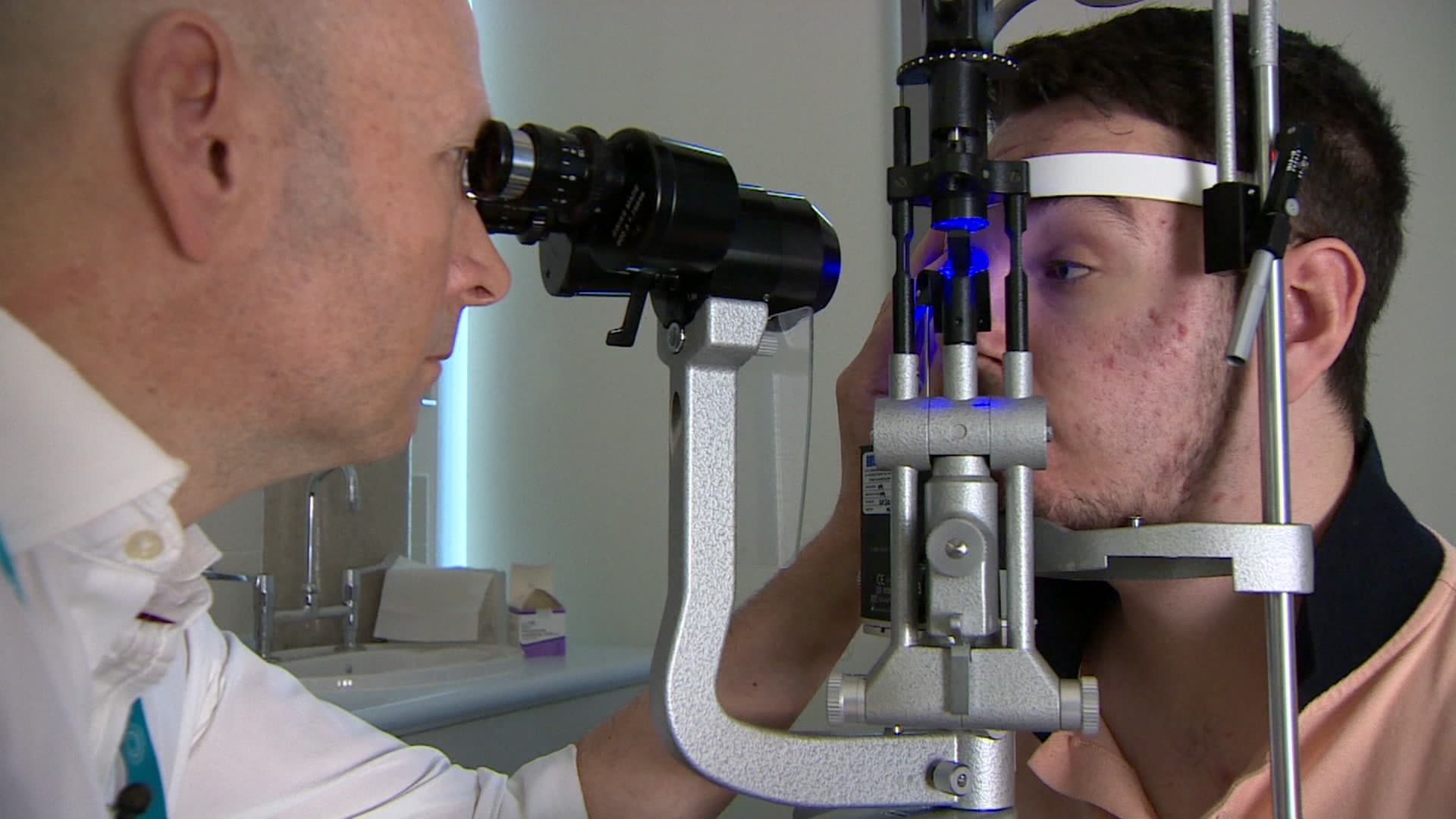Family planning
If you, or a close relative, are living with a genetic sight loss condition, there may be a chance that your children will inherit it.
Search results
If you, or a close relative, are living with a genetic sight loss condition, there may be a chance that your children will inherit it.

Clock up 100 miles on your bike with this virtual challenge.

Take on a challenge with #TeamRetinaUK and run, jog or walk 10 miles in your neighbourhood whilst raising money for our cause.
If you are a cane user, you may be interested to hear about the new cane tip introduced by Rotacaster that offers improved sensory and auditory feedback, alongside many other features.
Last year, with your help, we raised an incredible £53,752, which made great strides in helping our medical research recover from the pandemic.

Our amazing volunteers are diverse in age, background and ethnicity. The one thing they have in common is that they are all living with, or directly affected by, an inherited sight loss condition.
Prof Mariya Moosajee at Moorfields Eye Hospital has asked us to share the message below about the clinical trial she is running. This trial is for a treatment that targets a particular section of the USH2A gene.
The BBC covered a story on Monday 24 May about optogenetics partially restoring the sight of a man living with retinitis pigmentosa in France.
Biotechnology company ProQR has announced encouraging results from its early analysis of the phase 1/2 trial of QR-421a, an innovative approach to treating sight loss caused by mutations in a particular section of the USH2A gene.

In January 23-year-old Jake Ternent became the first person with an inherited sight loss condition to be treated in the UK with Luxturna (voretigene neparvovec) for Leber congenital amaurosis (LCA).